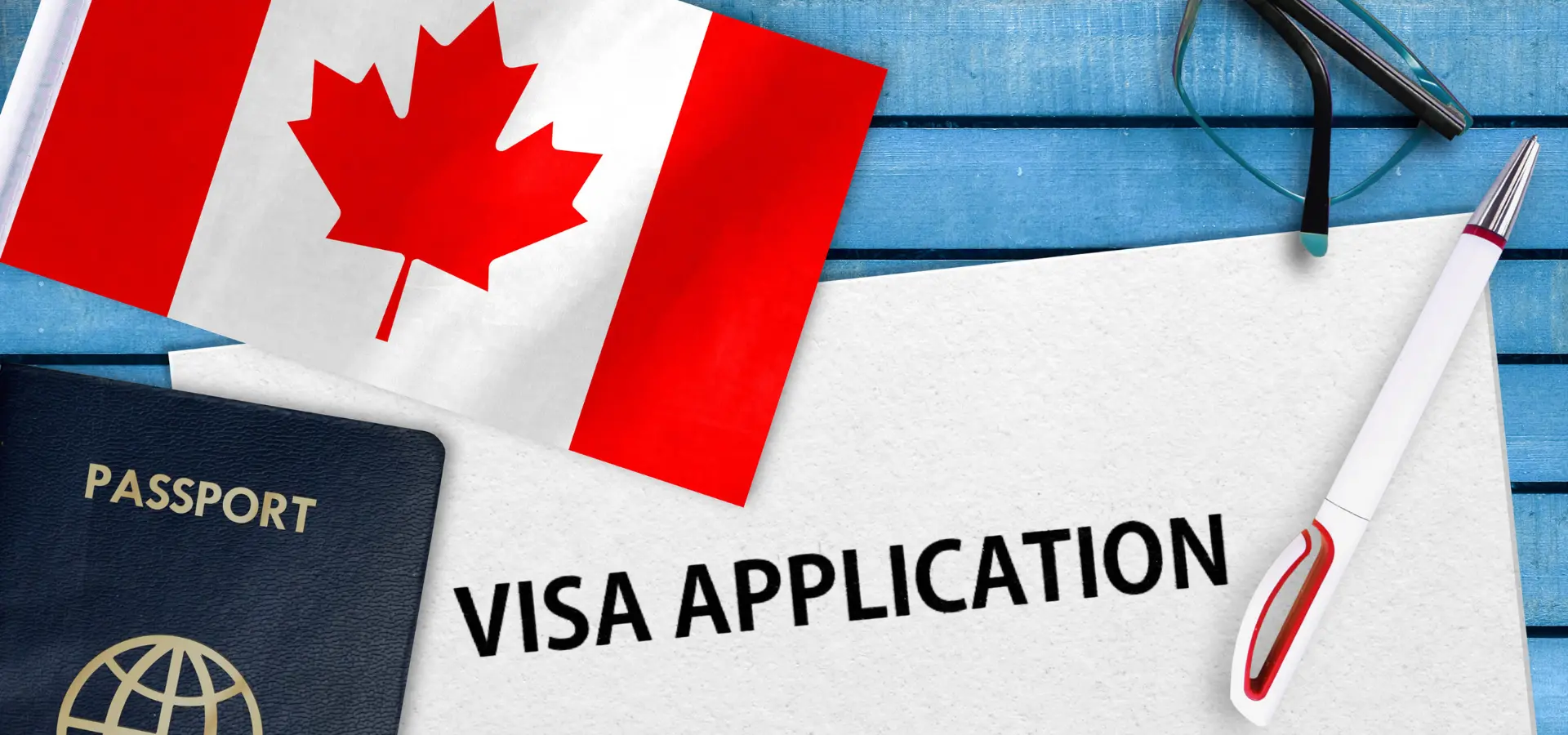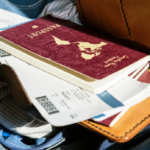Applying for a Canadian visa can be a straightforward process if you know the steps. In this guide, we will break down each aspect of the Canada visa application process, from eligibility requirements to visa interview tips. Whether you plan to visit, work, study, or live permanently in Canada, this article provides everything you need to succeed.
1. Types of Canada Visas
Understanding the various types of Canadian visas is the first step in your Canada visa application. The Canadian government offers two primary categories of visas: Temporary Resident Visas (TRVs) and Permanent Resident Visas (PRVs).
Temporary Resident Visas (TRVs)
These visas are for those who plan to stay in Canada temporarily. Key types of TRVs include:
- Visitor Visa: For tourism, family visits, or short-term stays.
- Student Visa (Study Permit): For those accepted into a Canadian educational institution.
- Work Visa (Work Permit): For individuals with a job offer from a Canadian employer.
- Super Visa: For parents and grandparents of Canadian citizens or permanent residents, allowing them to stay for extended periods.
Permanent Resident Visas (PRVs)
For those who plan to settle in Canada permanently, PRVs are the way to go. These include:
- Express Entry: A points-based immigration system for skilled workers in fields like IT, healthcare, and engineering.
- Provincial Nominee Program (PNP): For those with specific skills needed in certain Canadian provinces.
- Family Sponsorship: For individuals with family members who are Canadian citizens or permanent residents.
- Business Immigration Program: For investors, entrepreneurs, and self-employed individuals.
2. Eligibility Criteria for Canada Visa
Each visa type has unique eligibility requirements. Below are some key factors that apply to most Canada visa applications:
- Valid Passport: Your passport should be valid for the duration of your stay.
- Proof of Financial Support: Applicants must show that they have enough funds to support themselves and any accompanying family members during their stay.
- No Criminal Record: Applicants may need to provide a police certificate to prove they have no criminal record.
- Medical Examination: Some applicants may be required to undergo a medical examination, especially if they are staying for a long period.
- Intentions to Return: For temporary visas, you must demonstrate that you intend to leave Canada when your visa expires.
For detailed eligibility, it’s best to consult the official Government of Canada website.
3. Step-by-Step Canada Visa Application Process
The Canada visa application process involves a few critical steps. Following this guide will help ensure your application is complete and accurate.
Step 1: Determine Your Visa Type
Start by identifying the right visa type for your purpose of travel, whether it’s a visitor, work, study, or permanent visa.
Step 2: Complete the Online Application
Most Canada visa applications can be completed online via the Government of Canada’s website. Create an account, fill out the application, and upload all required documents.
Step 3: Pay the Application Fee
Fees vary depending on the type of visa. Make sure to pay the exact amount as stated, as applications without payment will not be processed.
Step 4: Schedule Biometrics Appointment (if applicable)
Applicants from many countries need to provide biometrics (fingerprints and photos). You will need to make an appointment at a designated Visa Application Center (VAC).
Step 5: Submit Your Passport and Other Documents
Once your application is reviewed, you may receive a request to submit your passport. Be sure to follow all instructions for mailing or dropping off your passport at the nearest VAC.
4. Document Checklist for Canada Visa Application
For a successful Canada visa application, gather and organize these essential documents:
- Application Form: Completed and signed application form specific to your visa type.
- Passport: Must be valid for the duration of your stay.
- Photographs: Passport-size photos as per Canadian requirements.
- Proof of Funds: Bank statements or financial documents proving you can support yourself.
- Medical Examination (if required): Proof of completed medical examination.
- Police Clearance Certificate (if required): A clean record from your local police department.
- Additional Documents: Such as an admission letter (for student visas) or a job offer (for work visas).
5. Canada Visa Application Fees and Processing Times
Fees for Canada Visa
Fees vary by visa type. Here are some common fees:
- Visitor Visa: $100 CAD per person
- Student Visa: $150 CAD
- Work Permit: $155 CAD
- Permanent Residence (Express Entry): $825 CAD, plus an $500 right of permanent residence fee
Processing Times
Processing times depend on the visa type and your home country. Visitor visas may take a few weeks, while permanent residency applications could take up to a year. Visit the Government of Canada processing times page for current estimates.
6. Canada Visa Interview Tips
While not all visa applicants are required to attend an interview, here are some tips for those who are:
- Dress Professionally: Show respect by dressing formally.
- Answer Confidently: Respond clearly and confidently to each question.
- Stay Honest: Always tell the truth in your interview, as misrepresentation can lead to visa refusal.
- Show Strong Ties to Your Home Country: Especially for temporary visas, prove that you intend to return to your home country by providing documents like property ownership or family ties.
7. Tracking and Receiving Your Canada Visa
After submitting your application, here’s how you can track and receive your visa:
- Track Your Application: Use the tracking tool on the IRCC website to monitor your application.
- Receive Your Visa: Once approved, your visa will be placed in your passport. You can collect it from the VAC or have it mailed to you.
8. Common Mistakes to Avoid in Your Application
The Canada visa application process can be complex, so avoid these common mistakes:
- Incomplete Forms: Double-check your forms for accuracy and completion.
- Missing Documents: Missing documents can lead to delays or rejections.
- Incorrect Fee Payment: Ensure the correct fee is paid based on your visa type.
- Inconsistent Information: Be consistent in your answers and information provided across documents.
9. Frequently Asked Questions about Canada Visa Application
Q1: How long does it take to process a Canada visa application?
Processing times vary widely, from a few weeks for visitor visas to over a year for some permanent residence applications.
Q2: Can I work in Canada on a visitor visa?
No, you cannot work in Canada on a visitor visa. You will need a separate work permit.
Q3: Can I reapply if my Canada visa application is rejected?
Yes, you can reapply after addressing the issues mentioned in the rejection letter.
Q4: What is the Express Entry system?
Express Entry is a point-based system for skilled workers applying for permanent residence in Canada.
Q5: Do I need a visa for short visits to Canada?
Citizens of certain countries are visa-exempt for short visits, though some may require an Electronic Travel Authorization (eTA).
Related Post | Complete Guide to the US Visa Application Process in 2024
This Canada visa application guide covers every essential aspect of applying for a Canadian visa, from the types of visas available to tips for a successful application. By following this guide, you’ll be well-prepared to embark on your Canadian journey.













